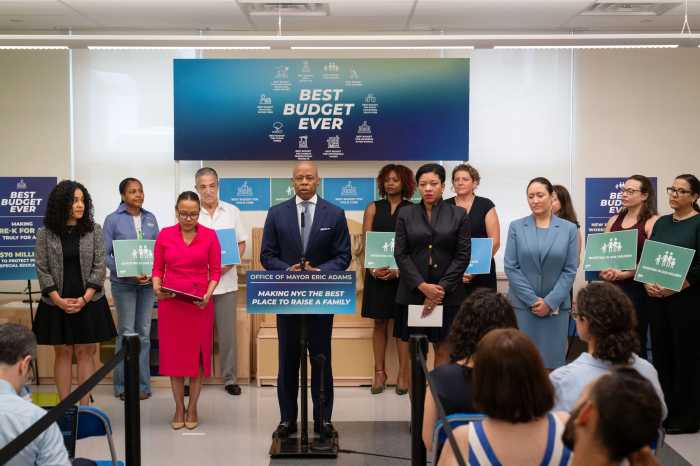It’s tough living in a big city — the people, the traffic, the noise. Oh, and did we mention the cost of housing? Contrary to conventional wisdom, high and rising housing costs in the U.S.’s biggest cities are not ideal for an economic recovery. Just the opposite: When housing costs take a big bite out of incomes, it diverts money that could be spent on local goods and services or invested in new businesses that stimulate growth.
And based on what I can tell, it’s getting worse. U.S. Census data on housing costs is only available through 2013, but there’s no doubt that the burden for city residents now is even higher, especially in places such as San Francisco and New York.
Since December 2013 the S&P/Case-Shiller 20-City index has risen 7.7 percent.
Several forces converge to make urban housing costs a drag on the economy — as well as for the people who live in cities. First, in many big U.S. cities, most people don’t own their own homes. For example, in New York just 32 percent of residents own a home, compared with about 64 percent for the U.S. as a whole.
And if there’s one thing owning a home tends to do, it’s build personal wealth: Based on a recent estimate by the National Association of Realtors, not buying a home could cost someone as much as $65,000 a year in forgone wealth accumulation.
Then there’s the inherent drawback of renting. Renters tend to pay a larger portion of their monthly household income toward housing costs than owners do. Many large cities have rent controls, which make housing even more costly for renters new to a city looking for job opportunities. According to Harvard University’s Joint Center for Housing Studies, many renters pay almost 50 percent of their income for housing compared with about a third for U.S. renters on average.
Devoting so much income to housing also makes it hard for renters to sock away enough for a down payment. That problem is compounded by tight credit conditions that make it difficult for many renters to take advantage of near-record low mortgage rates.
The solution to this, in part, is more flexible lending standards. But maybe the bigger answer is for cities to adopt policies that make it possible for more people to own a home — starting with building more affordable housing.
That might break the cycle of dependence on expensive rental housing that crimps potential economic growth. It’s harder for a city to grow when the jobs created are for people who either can’t afford — or struggle — to live there.
Jonathan Miller writes about the housing economy and other aspects of real estate. He founded the real estate blog the Matrix and co-founded Miller Samuel, a residential real estate appraisal company.































